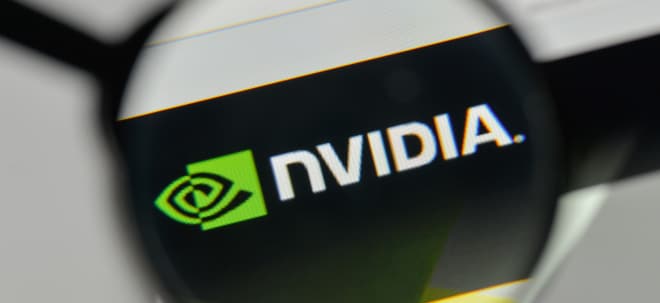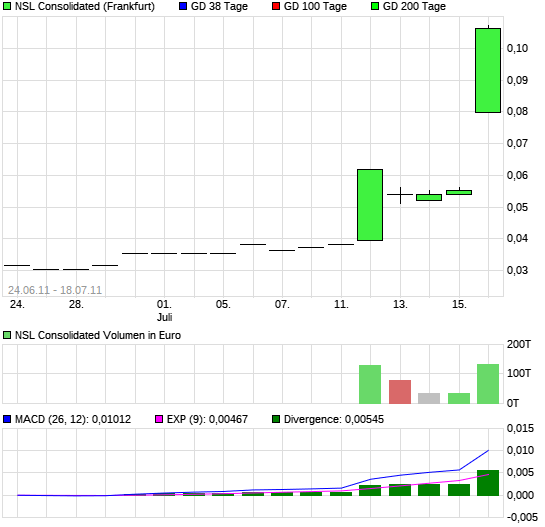|
www.nslconsolidated.com/Home.html
Thursday, 14 July 2011
Tania Winter
AN Australian junior has flown under the investment radar to become the first foreign- owned group to put its foot on a growing portfolio of Indian iron ore assets which it plans to exploit and de-risk using Chinese technology. At the same time, NSL Consolidated, previously NSL Health, has secured a thermal coal asset in Queensland which it plans to market in India, offering a potential exploration target of 500-600 million tonnes.
But for the time being at least, the junior is happy to continue talks with a number of Chinese investors as it tries to shore up an offtake/finance arrangement to cover an initial $US2.3 million ($A2.17 million), 500,000 tonne per annum beneficiation plant at Kurnool in the southern Indian state of Andhra Pradesh, to treat ore from its Kuja and Mangal deposits.
With $A2 million in its kitty, other funding options for NSL could include a project loan and debt or equity facilities.
Proposed operations would include not only the plant but a laboratory, both to be located at the company’s stockyard site near its Kuja deposit.
Both Kuja and the nearby Mangal deposits will sustain initial magnetite concentrate volumes of 250,000 tonnes per annum with shipments through the Krishnapatnam port, a new modern, privately owned facility designed to handle 14Mtpa of iron ore with capability for Cape sized vessels.
NSL already has a Port Services Agreement for a minimum of 400,000tpa of iron ore allocation with incentives for higher throughput.
Production is scheduled to start by mid-next year after a nine-month construction and commissioning phase.
While small compared to iron ore volumes from Western Australia, this rate still delivers around $800,000 in monthly free cash to the group.
The group continues to hold talks with China Metallurgical Mining Corporation, a group it held a previous memorandum of understanding with.
In fact, it was CMMC that introduced NSL to its preferred plant equipment provider Shanghai Minggong Heavy Equipment Company, with which it also has a signed MoU.
It expects to soon place an order for Kurnool’s fabrication in China before its ultimate destination in India, once both parties have finalised formal purchase agreements.
In modular form, the plant has been designed so it can be easily expanded.
“We will finish commissioning by the end of the first quarter next year, with site works starting in September and phased commissioning to start in December and steady state production thereafter,” NSL managing director and chief executive Cedric Goode told MiningNewsPremium.net.
“We are talking to multiple Chinese parties, but I am holding back on giving away the offtake so that I can leverage work with the Chinese to obtain some additional funding to expand the business more quickly.”
In the two-and-a-half years since entering India, NSL has quietly gone about building its portfolio, spending $A10 million on the Kuja and Mangal project acquisitions, undertaking a trial mining campaign which confirmed the suitability of the 25-27% iron material to upgrade to 58-61% iron, and finalising a port access agreement after lengthy due diligence.
In the longer term it is targeting rates of 3 million tonnes per annum from India when standalone projects like its combined DSO and magnetite AP14 play, located 600 kilometres away in Karimnagar, become a reality.
A banded magnetite project, AP14 has an exploration target of 62-125Mt of material.
Goode said the group had a current basket of 25 projects in the country in not only Andhra Pradesh, but Goa, Karnataka and Orissa, of which 10 are well progressed.
The successful development of Kurnool also opens up a number of additional opportunities for the group either through complementary assets or third party ore treatment.
“Because we are using Chinese-based technology, we have had approaches on toll milling from third parties, especially when you consider that in India ore below a grade of 45% iron is considered waste,” Goode said.
“The Chinese love what we’re doing because they can’t get access to India and see us as their potential vehicle into the country.”
In setting its sights on India, NSL elected to stay small and establish a local connection and subsequent knowledge to focus on magnetite deposits, a key focus of the Indian government, which is keen to grow downstream processing in the country in a bid to unlock further potential.
Its local partner is Natural Resources Consulting, which operates under Indian group Podar Enterprises.
While initially targeting exports (India provides about 20% of China’s seaborne demand), Goode says the company could look to sell product into the local market, particularly as domestic demand for the steel industry is forecast to grow by 10% year-on-year.
“We could look from having just a beneficiated product into more pelletisation,” he said.
Goode said while DSO opportunities remained in India, price expectations had gone through the roof, adding it was actively trying to get ahead of the project curve.
Acknowledging the country still had problems when it came to sovereign risk, his advice to industry peers was to undertake long and exhaustive legal due diligence on every asset, and ensure the veracity of title.
“Due diligence is very important, but it has been difficult to promote India to an Australian investor, especially when it comes to timelines and expectations,” he said.
“India as a country is progressing, they are trying hard, but the key thing is to allow time.” www.miningnewspremium.net/storyview.asp
|
 |
2 |
3 |
4 |
5 |
6 |
7 |
8 |
9 |
...
| 10
|
2 |
3 |
4 |
5 |
6 |
7 |
8 |
9 |
...
| 10


 Thread abonnieren
Thread abonnieren




